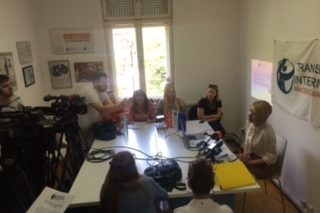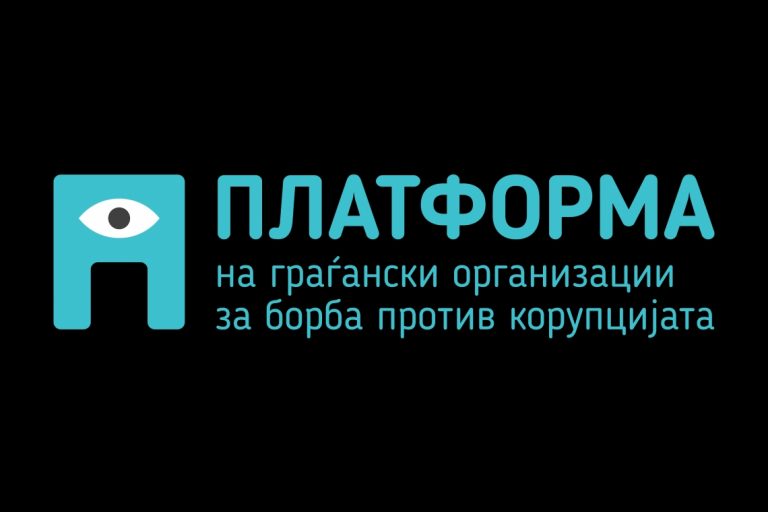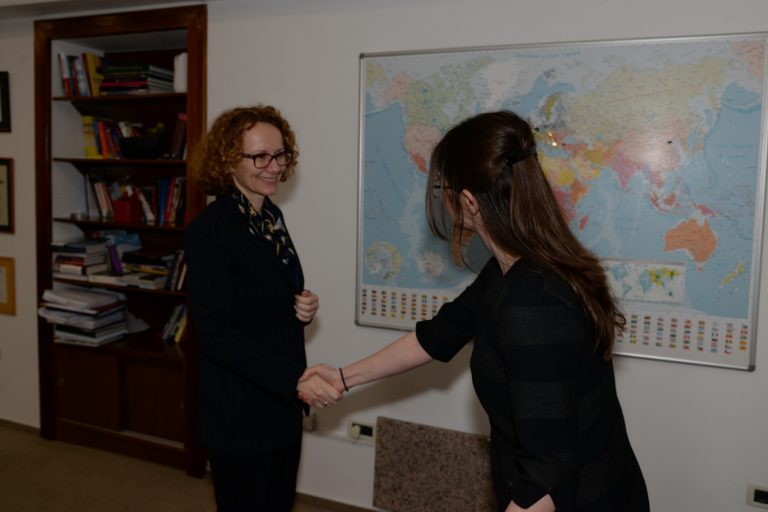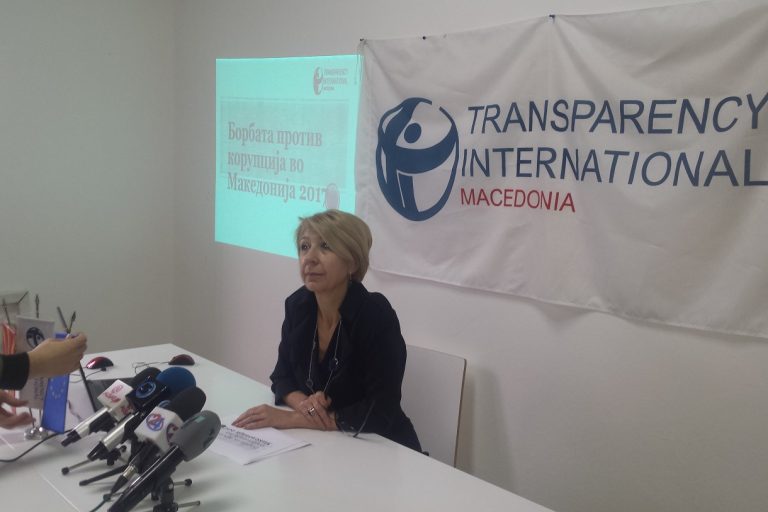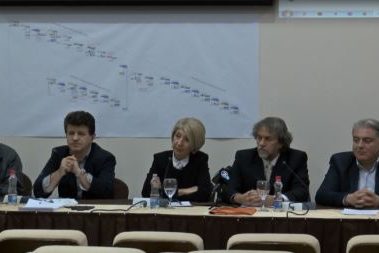Announcement
31.10.2018 The Appellate Court Skopje on 01.10.2018 adopted a Decision ТС Ж no. 1795/18 with which the Decision of the Primary Court Veles СТ.111/17 from 09.07.2018, IS ABOLISHED, and the case is returned to the first instance court for further action and decision-making. The Primary Court Veles with the appealed decision approved the proposed…



